
Food Allergies, Intolerances, and Sensitivities in Horses
Explore the methods used to diagnose food-related issues in horses and effectively manage their clinical signs.

Explore the methods used to diagnose food-related issues in horses and effectively manage their clinical signs.

An equine nutritionist answers a reader question about how her horse’s diet might play a role in his poor coat quality and hair loss.

When switching your horse to a forage-focused diet, first obtain a hay analysis and choose a ration balancer that fills the nutritional gaps.
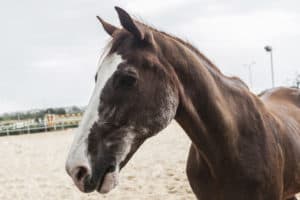
Is your senior horse a picky eater? Be sure he has regular veterinary dental examinations and consider changing his forage or concentrate feed.
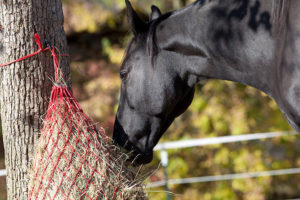
Sourcing lower energy hay and implementing slow-feeding strategies can help reduce your horse’s risk of becoming obese and developing metabolic problems.
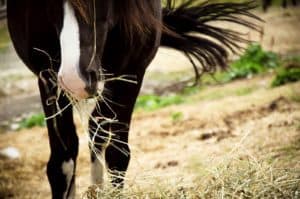
One expert explains whether horses that maintain body condition well on forage alone get enough protein from only eating hay.
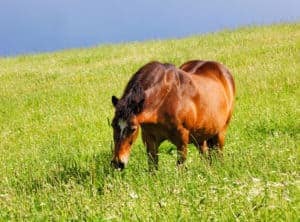
Researchers suggest high-protein diets might be harmful for horses with ID.

Buy quality hay and grain and store it in cool, dry places to preserve nutrient content and prevent spoilage.
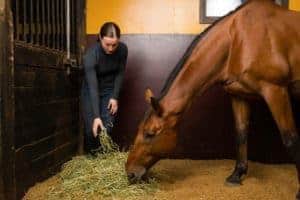
Find out how to design an affordable feeding program while still meeting your horse’s nutritional requirements.
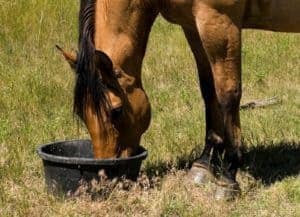
An equine nutritionist breaks down what’s in a grain-free feed and how you might increase calories for a performance horse consuming a grain-free diet.

Here’s a look at what hair analysis and bloodwork each can tell you about your horse’s nutritional health.
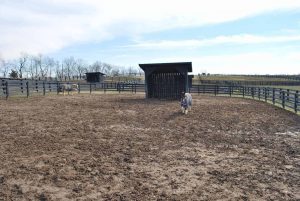
Horses that are used to being on pasture during the spring, summer, and fall might experience nutrient deficiencies during the winter.

Discover how nutritionists took three horses from fat to fabulous.

Learn how to design a diet for horses suffering or recovering from equine odontoclastic tooth resorption and hypercementosis (EOTRH).

One equine nutritionist explains how to ensure your horse’s diet does not contain dangerous levels of sugar.
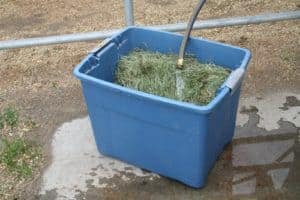
An equine nutritionist offers alternatives to soaking hay for horses that live in subfreezing climates during winter.
Stay on top of the most recent Horse Health news with
© 2022 Copyright Statement dolor sit amet, consetetur sadipscing User Terms, sed diam nonumy eirmod tempor invidunt ut labore et dolore magna aliquyam erat, sed diam voluptua. At vero eos et accusam et justo duo dolores et ea rebum. Stet clita kasd gubergren, no sea takimata sanctus est Lorem ipsum dolor sit amet.
"*" indicates required fields